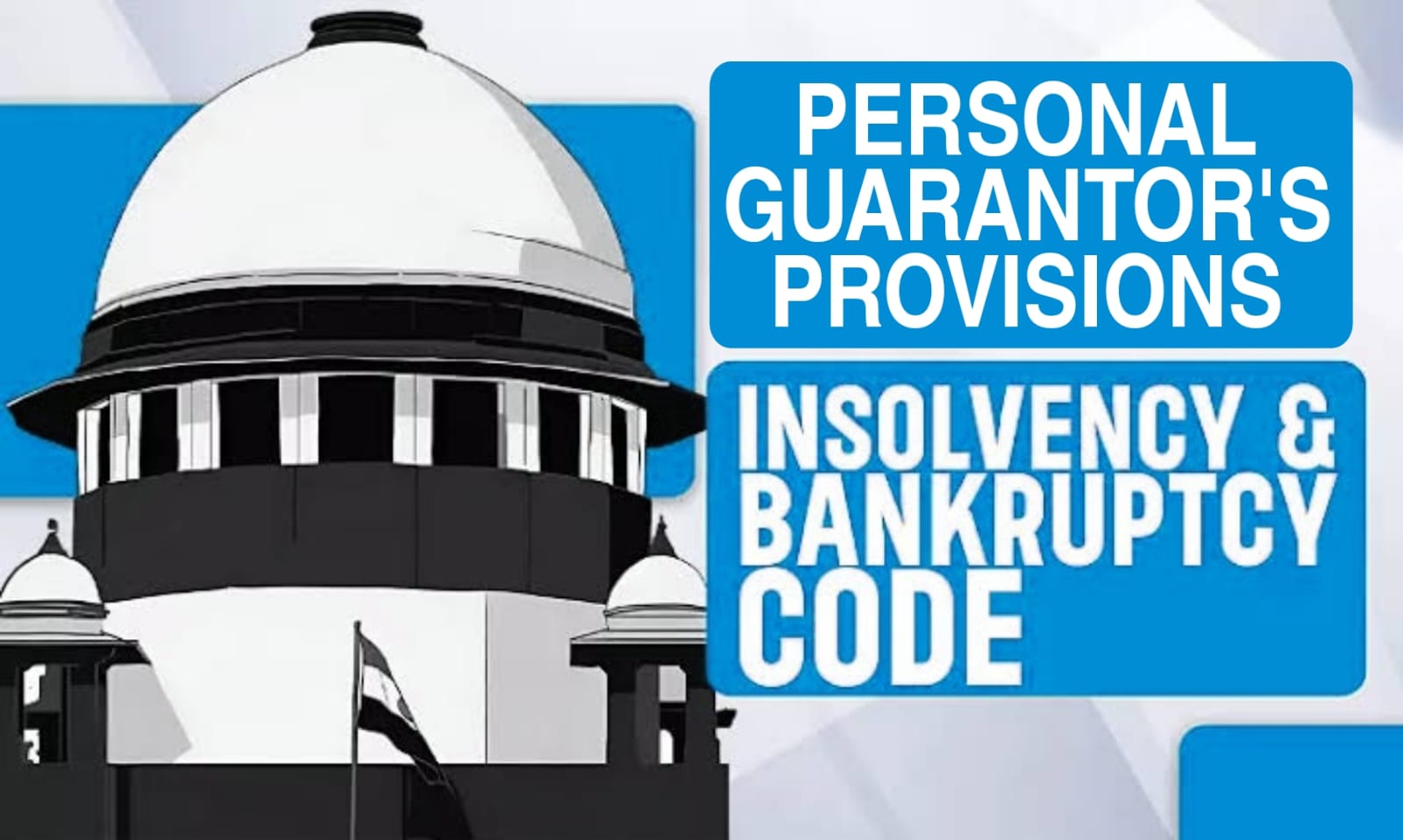Supreme Court Upholds Personal Guarantor Provisions under IBC: Implications and Challenges
In a groundbreaking decision, the Supreme Court has declared the provisions related to personal guarantors under the Insolvency and Bankruptcy Code (IBC) as constitutionally valid. The ruling, delivered by a three-member bench headed by Chief Justice of India DY Chandrachud, dismisses over 350 petitions challenging the IBC's provisions on personal insolvency. This article explores the significance of the order, the recovery process under personal guarantor insolvency resolution, points of contention, the rights of personal guarantors, and potential challenges lenders may face despite the apex court's ruling.
Significance of the Order
The Supreme Court's decision is a significant victory for lenders. As of September 30, there were 2,289 applications before various tribunals, claiming a staggering ₹1.63 lakh crore from personal guarantors. Most of these guarantors are promoters of companies undergoing insolvency. Given the inadequacy of recovering loans from bankrupt companies, lenders have invoked the personal guarantee clause.
Personal Guarantor Insolvency Resolution Process
The recovery process under personal guarantor insolvency resolution involves multiple stages. Initially, the court admits a lender's application to initiate the personal insolvency process against a guarantor, imposing a moratorium on the guarantor's assets. The resolution professional (RP) then verifies the lender's claims and submits a report to the tribunal. Following a review of the report, the court decides whether to admit or reject the lender's application. If admitted, the RP invites claims from other lenders. In the final stage, the RP collaborates with the borrower on a debt-repayment plan, with the borrower's cooperation being crucial to recovery.
Point of Contention
Promoters providing personal guarantees have contested the 2019 IBC amendment, arguing that recoveries were being imposed before they had the opportunity to present arguments. They also alleged the absence of due process and the violation of natural justice principles. However, the Supreme Court dismissed these claims, asserting that the Act provides sufficient safeguards for the RP's functioning during the insolvency process.
Rights of Personal Guarantors
Despite the insolvency, personal guarantors retain certain rights. They can keep unencumbered vehicles, furniture, life insurance policies, and employment-related equipment. Additionally, they are entitled to retain one dwelling unit valued at ₹20 lakh in urban areas and ₹10 lakh in rural areas.
Challenges for Lenders Despite the Ruling
While the Supreme Court's ruling is a positive development for lenders, challenges remain. Assets may have been transferred to trusts or disposed of during the four-year legal process, making it difficult for lenders to exercise their rights. The rules also prescribe forensic audits of personal guarantors' assets, which could be a time-consuming process. Furthermore, guarantors may continue to litigate, posing obstacles to meaningful recoveries for lenders.
In conclusion, the Supreme Court's validation of personal guarantor provisions under the IBC is a crucial step in facilitating the recovery process for lenders. However, navigating potential challenges will be essential for effective implementation and ensuring the intended benefits of the ruling.

